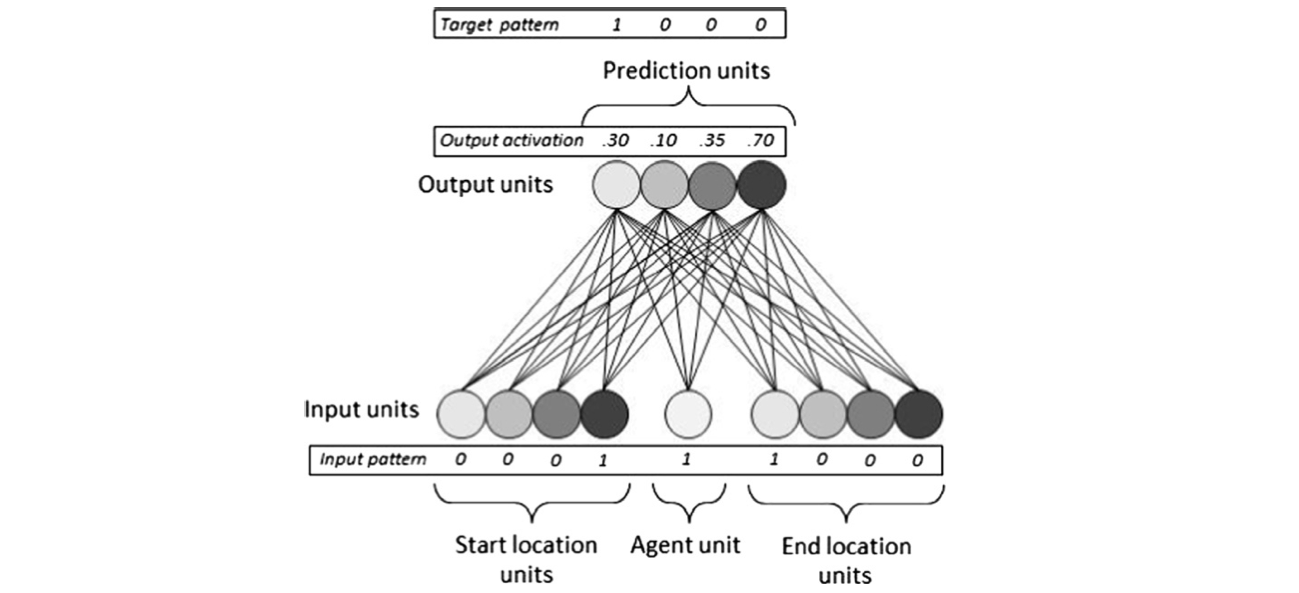The Mechanism of Meaning
This is the first post in a series of five about my recent book, Talking About: An Intentionalist Theory of Reference (OUP, 2022). I will start things off by trying to convey the most basic motivation behind the book in terms that should be broadly accessible to theorists and philosophers …






